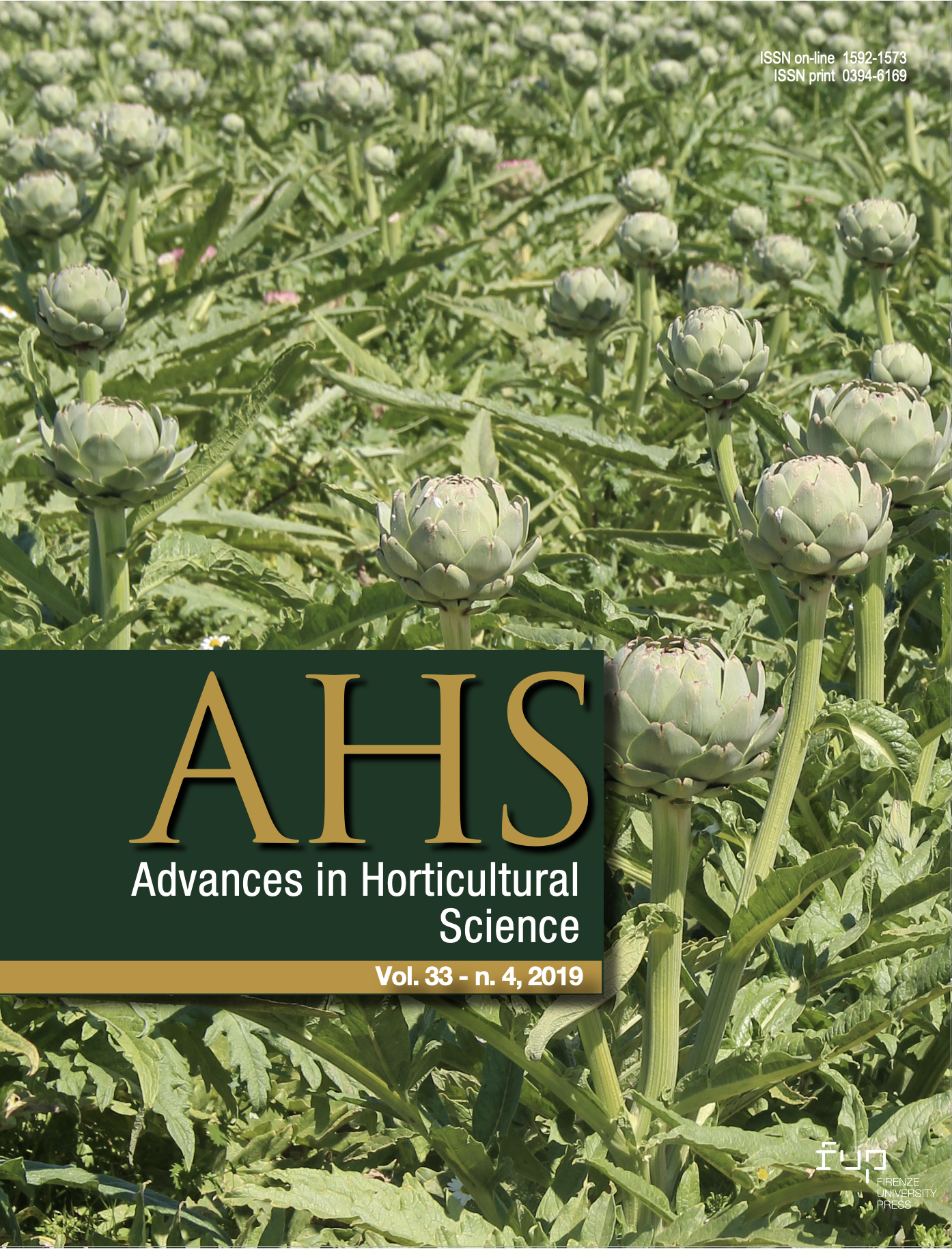Plant regeneration by organogenesis from bulbous explants in Fritillaria imperialis L., a wild rare ornamental species at the risk of extinction
Published 2020-02-20
Keywords
- crown imperial,
- micropropagation,
- plant growth regulators,
- threatened ornamentals,
- tissue culture
How to Cite
Abstract
Fritillaria imperialis L. (Liliaceae) is a rare and endangered ornamental plant grown in mountain regions and Zagros altitudes, Ilam province, Iran. This species is in danger of extinction due to invasive collection. Plant regeneration was done by organogenesis from bulb scales as explants cultured on Murashige and Skoog (MS) media fortified with different concentrations of kinetin (KIN, 0.00, 0.50, 1.00 and 2.00 mg l-1) and α_naphthaleneacetic acid (NAA, 0.00, 0.50, 1.00 and 2.00 mg l-1), either individually or in combination. The largest number of leaf (3.80), root (5.86) and callus (8.16) per explant was regenerated on the medium containing 0.50 mg l-1 KIN and 1.00 mg l-1 NAA. Maximum viability percentage (96.66%) was obtained in medium supplemented with 1.00 mg l-1 KIN. In vitro regenerated plantlets were cultivated in plastic pots containing peat moss and perlite (1:1). The plantlets were successfully acclimatized in an adaptation greenhouse with a survival rate of 95% exhibiting normal developmental patterns.






